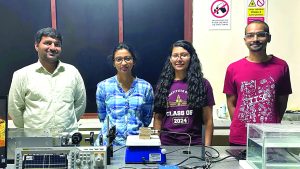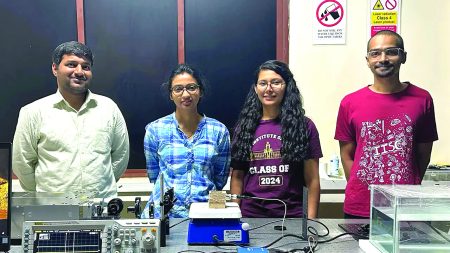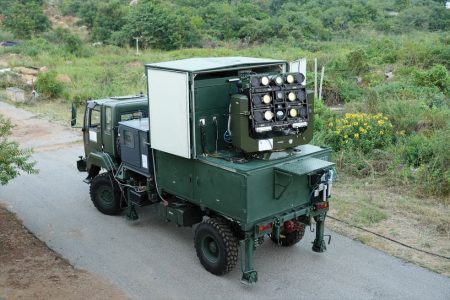Dr Subbanna Ayyappan, a pioneering fisheries scientist and former Director General of the Indian Council of Agricultural Research (ICAR), passed away on 10 May 2025, at the age of 70. Known as the architect of India’s Blue Revolution, his work reshaped the country’s fisheries sector and redefined agricultural research and education. He was the first non-crop scientist to lead the ICAR. Throughout his tenure, he led various projects to modernise India’s agricultural research infrastructure. Under him, ICAR broadened its research scope, prioritising transdisciplinary methodologies and incorporating advanced technology. He also served as the Chairman of the Karnataka Science and Technology Academy (KSTA) till recently.
Born in 1955 in the village of Aralaguppe in Karnataka’s Tumkur district, Ayyappan’s journey to become the country’s pre-eminent agricultural scientist embodies the transformative power of education. After completing his schooling at the National High School, Bangalore, Dr Ayyappan completed BFSc (1975) and MFSc (1977) and obtained PhD degree from Bangalore University in 1988. His specific areas of research were Fisheries, Freshwater Aquaculture and Aquatic Microbiology. He joined the Agricultural Research Service of ICAR in 1978.
His tenure as Deputy Director General (Fisheries) at ICAR between 2000 and 2009 marked a period of remarkable growth in fish production, increasing from 5.6 million to over 13 million tonnes. He championed the development of sustainable aquaculture models and introduced eco-friendly technologies such as biofloc systems, significantly improving environmental outcomes and economic viability for fish farmers across India.
As the first non-crop scientist to become Director General of ICAR (2010–16), Dr Ayyappan brought a multidisciplinary vision to Indian agriculture. His leadership emphasised cross-sector collaboration, innovation, and responsiveness to farmers’ needs. He played a key role in launching the National Agricultural Innovation Project (NAIP), which united scientists, industry, and communities to tackle challenges like climate-resilient farming and post-harvest losses.
A key aspect of his legacy was reforming agricultural education. His ‘Student READY’ initiative transformed learning into a field-based experience, encouraging students to engage directly with farmers to understand ground realities. He also established new research centres addressing biotic and abiotic stress in agriculture.
Dr Ayyappan’s global influence extended through his roles with international organisations such as IRRI, ICARDA, and BISA. His advocacy for sustainable agricultural development earned him prestigious awards like the Padma Shri in 2017 and fellowships from various academies.
Among his most prescient initiatives was the 2011 launch of the National Initiative on Climate Resilient Agriculture, aimed at developing climate-proof crops and practices. This programme led to the creation of model villages equipped to combat extreme climate events.
Dr Ayyappan’s exceptional contributions earned him numerous accolades, including the prestigious Rafi Ahmad Kidwai Award for Agricultural Research, the ICAR Norman Borlaug Award, and the Padma Shri, one of India’s highest civilian honours, conferred upon him in 2017. His enduring legacy lives on in India’s revitalised water bodies, sustainable farming practices, and empowered agricultural communities.
*Dr Navneet Kumar Gupta and Dr Biju Dharmapalan










